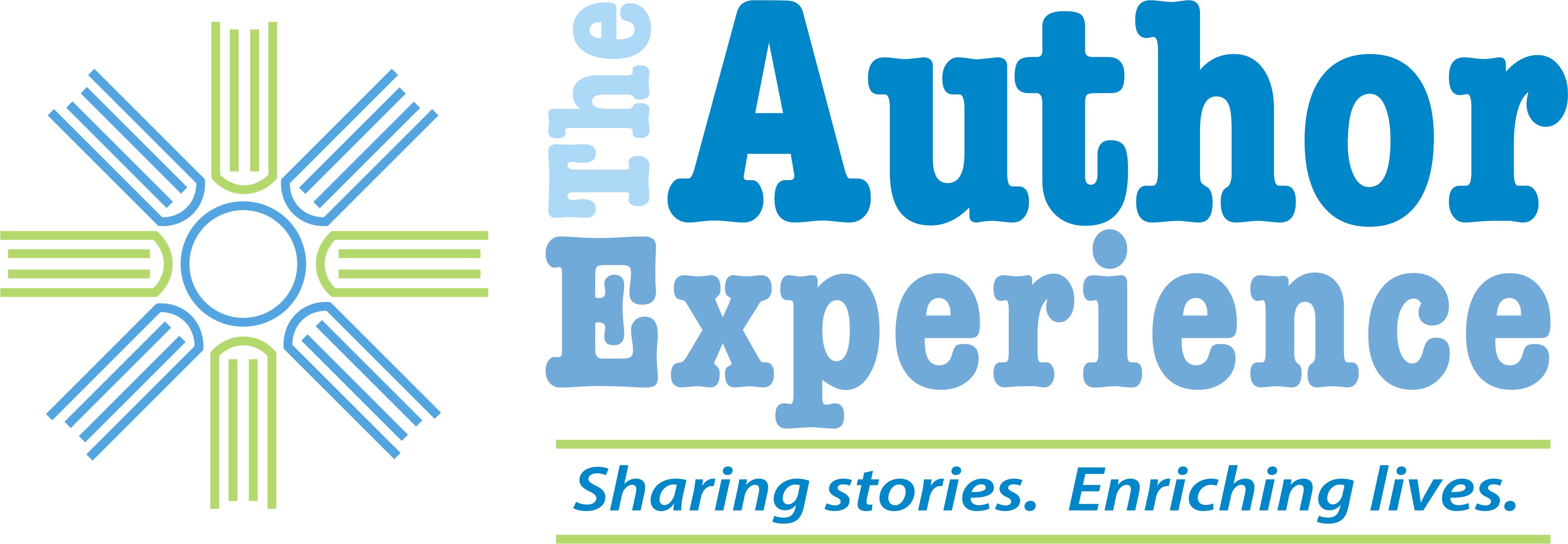The Need

When conceptualizing The Author Experience, founder, Rosanne Kurstedt, Ph.D. leaned on her knowledge of literacy development. Research continually demonstrates the importance of the home-school connection, sharing stories, and book ownership in the development of children’s literacy skills. Rosanne made it a point to include those aspects within The Author Experience. Research also notes the importance of tradition. The 6 year partnership was established to support schools in their efforts to create a community of readers and writers and a school culture that celebrates sharing stories.
TAE partners with schools that have at least 80% of their student population receiving free or reduced lunch. Partnership for schools is free but Title 1 funding can be used to support the partnership.
Read below to learn more about the research behind The Author Experience.
Importance of Book Access
- Children from impoverished households have access to fewer books and other reading materials than do their more financially stable peers. Not only do poor children have fewer books in their homes, but they also live in communities with fewer books in the classroom, school, and public library (Neuman & Celano, 2001; Krashen, 2012).
- In middle-income neighborhoods the ratio of books per child is 13 to 1, in low-income neighborhoods, the ratio is 1 age-appropriate book for every 300 children. Neuman, Susan B. and David K. Dickinson, ed. Handbook of Early Literacy Research, Volume 2. New York, NY: 2006, p. 31.
- “Children’s books are hard to come by in high-poverty neighborhoods. These ‘book deserts’ may seriously constrain young children’s opportunities to come to school ready to learn,” said Susan B. Neuman, professor of childhood and literacy education at NYU Steinhardt and the study’s lead author.
The most successful way to improve the reading achievement of children facing socioeconomic challenges is to increase their access to print.
- Communities ranking high in achievement tests have several factors in common: an abundance of books in public libraries, easy access to books in the community at large, and a large number of textbooks per student (Newman et al., 2000).
Number of books in the home correlates with students’ success in school.
- Children raised in homes with more than 500 books spent three years longer in school than children whose parents had only a few books. According to the abstract, growing up in a household with 500 or more books is “as great an advantage as having university-educated rather than unschooled parents, and twice the advantage of having a professional rather than an unskilled father.”
- The results suggest that children whose parents have lots of books are nearly 20% more likely to finish college. Indeed, as a predictor of college graduation, books in the home trump even the education of the parents. And lest you think that only the privileged with the means to purchase books reap the benefit of books: not so. Even a child who hails from a home with 25 books will, on average, complete two more years of school than would a child from a home without any books at all.
- Regardless of how many books the family already has, each addition to a home library helps the children get a little further in school. But the gains are not equally great across the entire range; rather, they are larger at the bottom, far below the elite level, in getting children from modest families a little further along in the first few years of school. Moreover, having books in the home has a greater impact on children from the least educated families, not on children of the university-educated elite (Evans et al., 2010).
Learn More
Study identifies 'book deserts'—poor neighborhoods lacking children's books—across country
July 12th, 2016
A study led by NYU's Steinhardt School of Culture, Education, and Human Development finds a startling scarcity of children's books in low-income neighborhoods in Detroit, Washington, D.C., and Los Angeles.
Book Deserts Podcast by Molly Ness - Episode 1
Reading researcher and professor at New York University, Dr. Neuman defines 'book desert' and presents staggering research on the impact of book deserts.
Promoting Family Literacy Through the Five Pillars of Family and Community Engagement (FACE)
2016
An article written by Nai-Cheng Kuo on promoting family literacy through the five pillars of family and community engagement which are identified as: early literacy, family involvement, access to books, expanded learning, and mentoring partnerships.
The Reading Achievement Gap: Why Do Poor Students Lag Behind Rich Students in Reading Development?
May 8th, 2015
An article written by Richard L. Allington, Ph.D., and Anne McGill-Franzen, Ph.D. on the reading achievement gap.
The Power of Sharing Stories
Development of Imagination
- When children listen to stories, they respond by creating images of the characters and places described by the words. This process of developing internal images and meaning in response to words is the basis of imagination.
Improvement of Reading, Writing, and Speaking Skills
- Children who listen to stories are exposed to many new words. They may not know what all the words mean, but hearing or reading a story helps them to understand the meaning of the words through context.
Strengthening of Critical Thinking Skills
- Traditional stories from throughout the world address many difficult issues of life; they teach how to face adversity and move through it. A close look at traditional stories from any culture reveals stories dealing with death, loss, separation, abandonment, fear, and anger. The stories also show that love, compassion, understanding, and courage can be a part of stories as well. Students grapple with painful realities of life: parental divorce, poverty, substance abuse, the violent deaths of close friends–and stories can help them negotiate these difficulties of life and can be of inestimable value.
- While listening to stories, children problem solve along with a character, visualize what’s happening, and ask what if, all of which supports literacy development.
Strengthening Connections
- Stories are also effective in increasing tolerance and understanding of people from other cultures. Through the medium of story, the listener can safely explore what all human beings have in common as well as how they differ from each other.
- When hearing or reading stories, many parts of the brain light up and oxytocin is released which is the connection neurochemical.
Learn More
April 3, 2020
Jacqueline Woodson beautifully articulates the power of slow reading as a way to respect an author's work and celebrates the importance of story.
Fortified Through Words: A Lesson in Owning Our Stories by Renée Watson
July 2019
In this article Renée Watson discusses the importance of helping young people find their voice and the power of their own story.
Children’s Books Missed These Immigrant Stories. So Students Wrote Them.
July 30th, 2017
In one English class students wrote books for children or young adults that highlight their personal narratives, stories often lacking representation in frequently read books and genres.
Why is Storytelling Important to Children in This Digital World?
This article explores the crucial role stories play in developing children’s overall personalities in tandem with their literacy skills, as well as provides tips to help transform your storytelling skills.
What Kids Learn From Hearing Family Stories
December 9th, 2013
Books contain narratives, but only family stories contain your family’s personal narratives. The article explores the benefits of these personal narratives in the formation of their identity.
The Power of Story: Using Storytelling to Improve Literacy Learning
May 2008
An article from the Journal of Cross-Disciplinary Perspectives in Education on the power of storytelling to improve literacy learning.
The Importance of Working with 8 and 9 year Olds
The 2019 Kids and Family Reading Report from Scholastic “revealed a striking downward trend” — when children turn nine they read less and read less for fun. The report also found that the amount of time students read “rarely rebounds as kids move through adolescence. This loss of engagement means kids miss out on the benefits books provide.”
